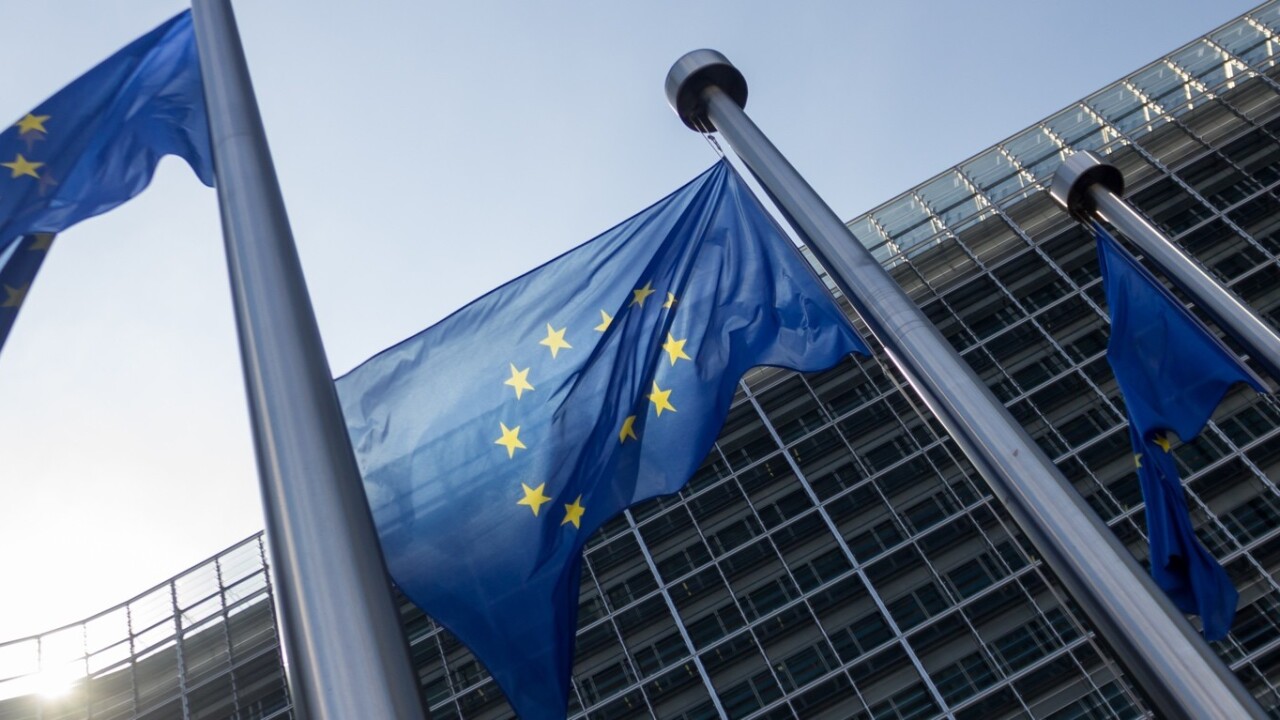
This essay is part of a series written by speakers featuring at our upcoming 10th anniversary TNW Conference Europe. Gary is president and CEO of the Consumer Electronics Association (CEA) and author of two New York Times best-selling books.
In many ways, Europe has proven to be a driving force in innovation. Consider how the continent is leading the world in mobile payment technology.
The European Central Bank says just 27 percent of retail sales in Sweden are paid for in hard currency, as cash transactions are supplanted by contactless smartphone payment systems. Europe is also home to one of the most robust high-speed rail systems in the world. And the European Union has led the world in creating a working framework for commercial drones, clearing a flight path for this technology well ahead of the U.S government.
Despite these successes and milestones, European innovation faces a serious threat – not from competition, but its own government. European political leaders must fully unleash their economic power by resisting the protectionist urge to prop up entrenched industries by smothering innovation under regulation.
According to European Commission President Jean-Claude Juncker, Europe’s digital sector could grow seven times faster than European Union GDP overall in the next several years. Europe’s “app-economy” workforce is expected to rise to 4.8 million people by 2018, with revenues tripling to $63 billion euros. Many existing European businesses are using technology to expand and draw in a much larger customer base. And the continent is home to great innovative tech companies, such as Rovio, Parrot and Spotify.
This progress raises questions about European bureaucrats’ hostility toward disruptive technology firms. Recently, Uber’s French office was raided by armed police over a dispute regarding industry regulation. Spain tried to pass legislation closing down the website of another ridesharing company, and has issued a proposal to wield government influence over the free-market marvel that is crowdfunding. And officials across the EU have called for more power over U.S.-based global companies like Google, Facebook and Apple.
President Obama stoked debate in Europe when he said in a recent interview that European investigations into Facebook and Google were “commercially driven” and that sometimes European vendors “who can’t compete with ours, are essentially trying to set up some roadblocks for our companies to operate effectively there.”
The protectionist calls coming from some quarters of the EU are aimed at shielding incumbent industries threatened by innovative startups on both sides of the Atlantic. Entrenched businesses that failed to adapt to the digital era have resorted to using the legal system as a tool to undermine competition. An anti-American strategy is not pro-European. On the contrary, it undermines Europe’s reputation as a hotbed for innovation, and ultimately threatens the investment that fuels it.
Europe must create an environment that encourages investment in innovation – even if it is sometimes risky – and better enables new ideas to take root. The more great minds working in concert to solve problems, big and small, the greater Europe’s chances for success.
Gary Shapiro is president and CEO of the Consumer Electronics Association (CEA)®, the U.S. trade association representing more than 2,000 consumer electronics companies, and author of the New York Times best-selling books, Ninja Innovation: The Ten Killer Strategies of the World’s Most Successful Businesses and The Comeback: How Innovation Will Restore the American Dream. His views are his own. Catch him at TNW Conference Europe on April 23 & 24.
Image credit: Shutterstock
Update: This article has been updated to reflect that it was Uber and not BlaBlaCar that faced scrutiny in France.
Get the TNW newsletter
Get the most important tech news in your inbox each week.





